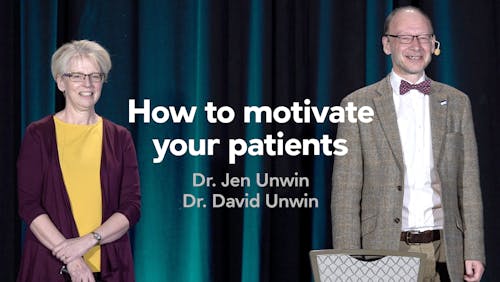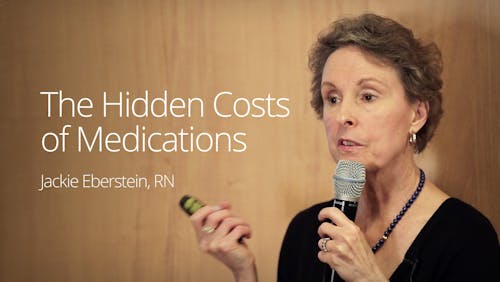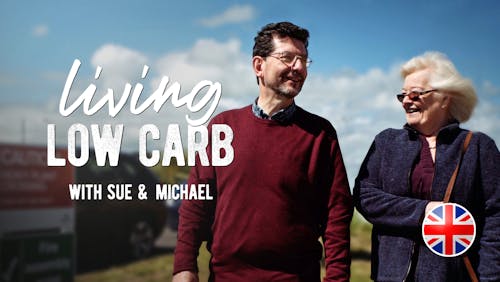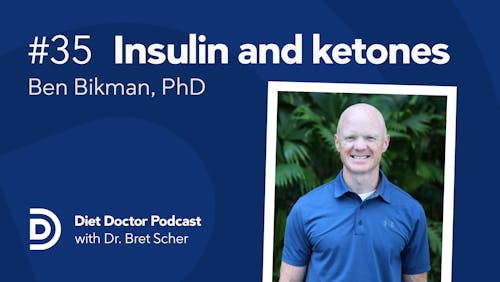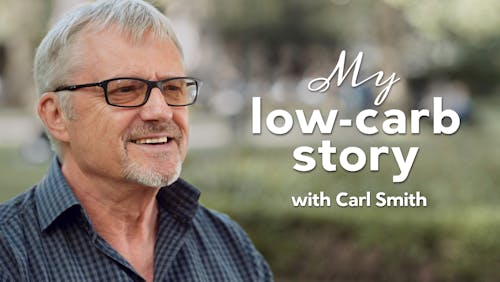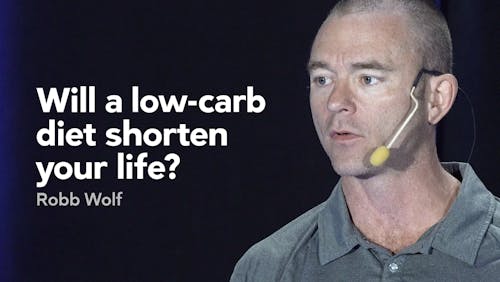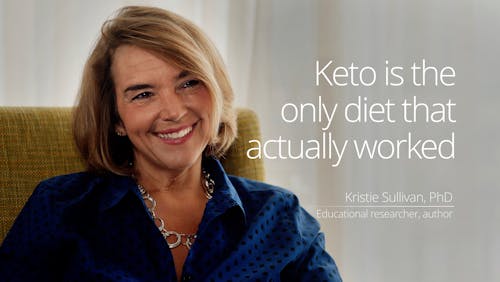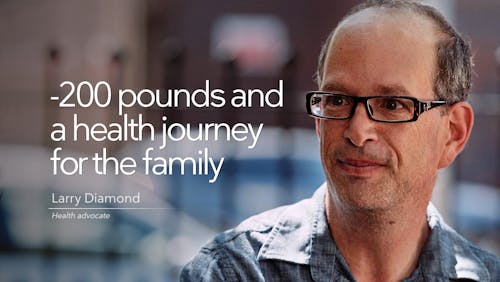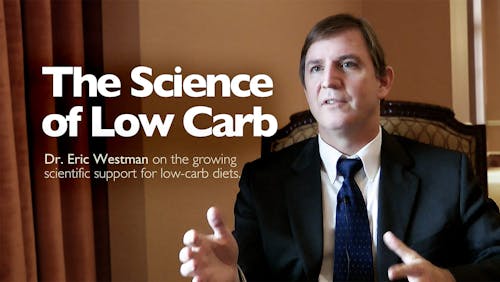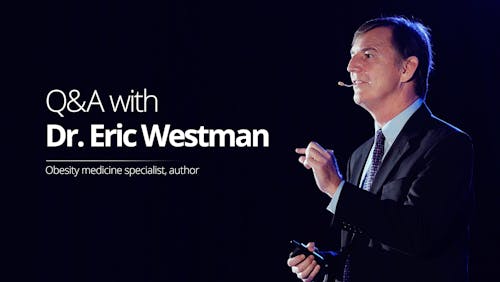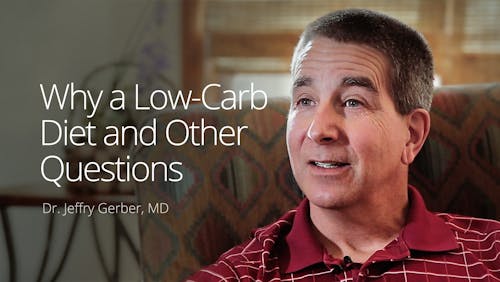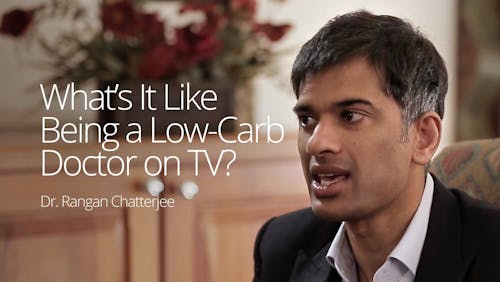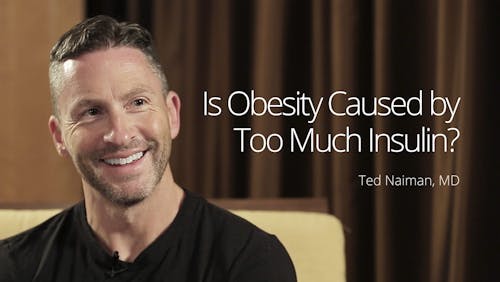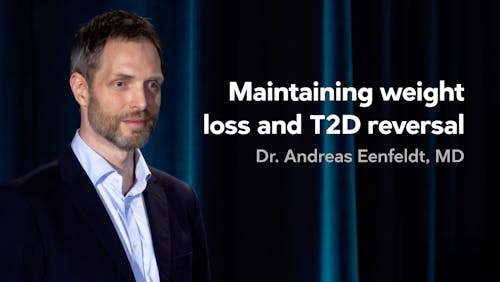Low-carb diet better than low-fat diet for older adults

A new study, published in Nutrition & Metabolism, shows that a low-carb diet may be better than a low-fat diet for fat mass and visceral (belly) fat loss in an older population.
The paper highlighted the importance of identifying age-specific evidence for healthy weight loss, pointing out that “nearly 35% of the adults in the US aged 65 and older have obesity.” The Centers for Disease Control and Prevention places the prevalence even higher, stating that 42.8% of adults 60 and over have obesity.
The authors also cite that the standard advice of caloric restriction for weight loss can lower resting metabolic rate and lead to losses in lean tissue, not just fat mass. This may contribute to an increased risk of frailty as we age.
To investigate this, the authors randomized 40 obese participants, age 60-75 years, into an eight-week trial of a very low-carbohydrate diet (< 10% carbs, 25% protein, > 65% fat), or a low-fat diet (55% carbs, 25% protein, 20% fat).
Of interest, the low-carb group was instructed to eat three whole eggs per day while still limiting saturated fat to less than 10% of calories.
After eight weeks, the low-carb group lost more weight (13.0 pounds vs. 2.0 pounds — or 5.9 kilos vs. 0.9 kilos), more fat mass (9.0 pounds vs. 1.8 pounds — or 4.1 kilos vs. 0.8 kilos), and more visceral adipose tissue, or belly fat (1.1 pounds vs. 0.2 pounds — or 0.5 kilos vs. 0.1 kilos).
In addition, the low-carb group had greater reduction in insulin and HOMA-IR levels (a measurement of insulin resistance) as well as a decrease in triglycerides and an increase in HDL cholesterol levels. (There was no significant difference in LDL.)
However, given the extra weight loss and naturally reduced caloric intake in the low carb group, the authors can’t determine if these benefits were from low-carb itself, or from the incremental weight loss.
This study confirms what many previous studies have shown: low carb diets are, on average, better than low-fat diets for weight loss, fat-mass loss, and metabolic improvements.
Furthermore, this study shows that these findings specifically apply to an older population, a population that is more at risk of complications from losing muscle rather than fat.
Are you interested in learning more about starting a low-carb or keto diet? You can start with our beginner’s guide, or for even more guidance, start with our 2-week keto challenge. We’re here to help you on your journey!
Thanks for reading,
Bret Scher, MD FACC
More posts
New study: Heart attack prevention in young and middle-aged people
TMAO is back in the news, but it still means little for our health


